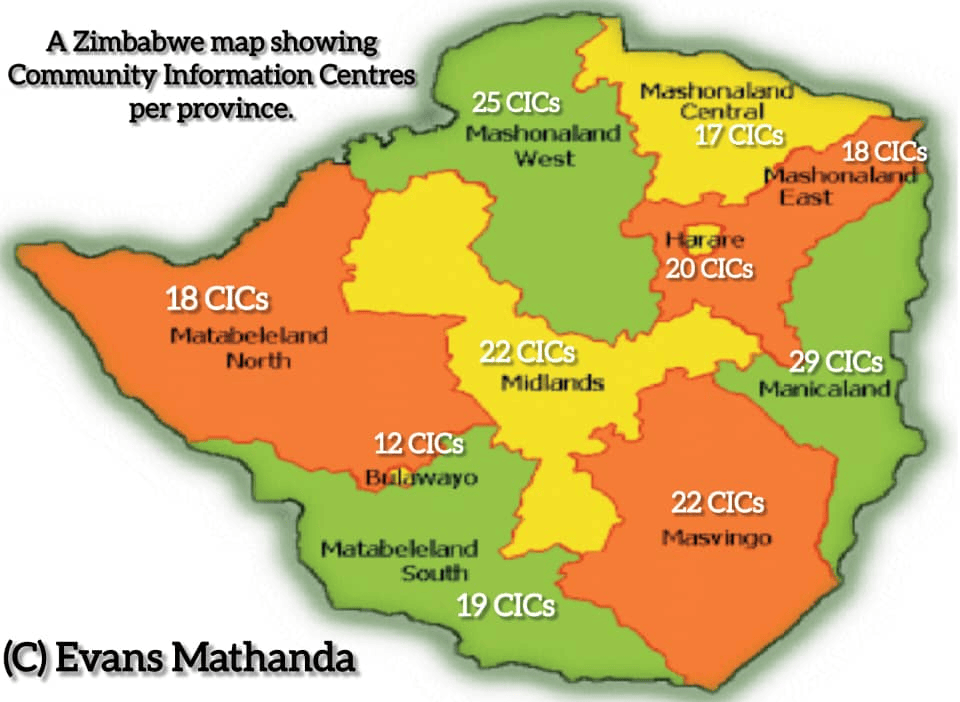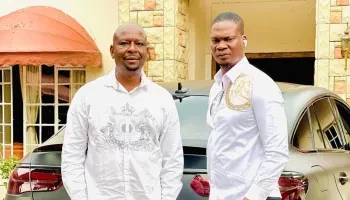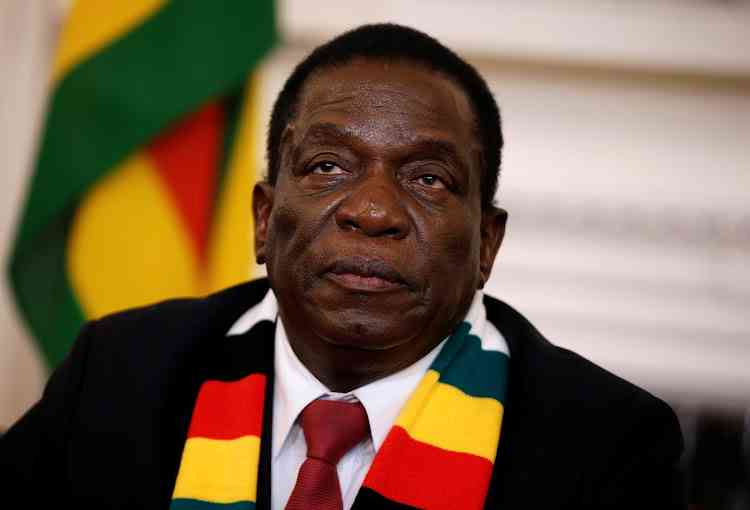
Young women have a right to engage in civic processes, vote in elections, be elected to government office, serve on boards and make their voices heard in any process that will ultimately affect them, their families, and their communities.
By Progress Princess Sibanda
Despite constitutional provisions like Section 17 of the constitution compelling the state to promote gender equality, there is still a long way ahead to achieve gender equality in the civic sphere.
It is under this background that the Youth Empowerment and Transformation Trust (YETT) hosted its annual Young Women Summit from March 18 to 20, 2020. The summit sought to provide a platform for diverse young men and women from different parts of the country to engage in meaningful dialogue and exploring views and opinions on the Constitution Amendment Number 2 Bill.
One issue contained in Constitution Amendment Number 2 Bill that was discussed is the women’s quota system, which is set to expire during the current Ninth Parliament.
Young women also discussed how the voice of young women has been missing on the issue of proportional representation, which has a variety of underlying political, socio-economic, institutional and cultural reasons that have led to the under-representation of women, including young women.
In Zimbabwe, a sexist and patronage-based political culture, combined with gendered economic and household inequalities, are the main barriers to women’s participation in civic and governance processes.
Another barrier to young women’s participation includes the primary focus on the mechanism of the Zimbabwean body politic, namely the party system and the prominent role of patronage and corruption in political contestation.
- Chamisa under fire over US$120K donation
- Mavhunga puts DeMbare into Chibuku quarterfinals
- Pension funds bet on Cabora Bassa oilfields
- Councils defy govt fire tender directive
Keep Reading
This is buttressed by conservative sexist beliefs and practices across our society including the use of violence and hate speech against women candidates and voters. Young women face serious sexual harassment when participating in politics, and those who managed to endure the harsh political terrain have done so with negative labels hanging above their heads.
Following the ratification of the constitution of Zimbabwe of 2013, the proportion of women has remained low at all levels of government despite the fact that the Zimbabwean government subscribes to various international agreements and instituted national policies to improve women’s representation.
There has been limited implementation of concrete measures that not only promote but guarantee women’s participation in civic processes on an equal basis.
Young women who attended the Young Women Summit consolidated their voices and noted that, “amending the constitution is not the solution, but government should prioritise realignment and full implementation of laws and provisions in the National constitution.
“Young women recommended that a 50/50 system should be adopted with reforms of the electoral laws to capture the principles within Section 17 of the constitution in order to see the equal representation of women in parliament’s 210 seats (105 women, 105 men, with youth representing 50%).” The current proportional representation system has room for improvement in terms of promoting and sustaining gender equality in the political landscape.
There should be a shift from focusing on political parties only so that special interest groups including people with disabilities (PWDs) are well-represented. Young women noted that the changes require political will and support from political parties. Proportional representation should be supported by electoral reforms, mentorship, capacity building and leadership training of women in Parliament and those aspiring parliamentarians. On the youth quota, young women propose the following:
- The proposed youth quota is not enough: it should be representative in nature, considering that youth make up the overwhelming majority of the population.
- The youth quota should be gender-sensitive.
- The youth quota should not be determined by political parties only, but by civil society too.
- The youth quota must be inclusive of marginalised groups, including young people, with disabilities.
- The youth quota should be made up of 50% young women and 50% young men.
- The youth quota should not only focus on the National Assembly, but all other leadership positions from the grassroots going upwards including all village and ward development committees, Chapter 12 commissions and elected council seats.
Young women are of the view that positions of political power must be accessible to all women, and not discriminatory based on age, education, socio-economic status, geographical origin, or any other demographic characteristic.
As young women, we call upon our male counterparts, government, private sector, civil society and policymakers to join us in our quest for generation equality.










